Saturday, March 12, 2022 / 01:50 AM / by Proshare Research/ Header Image Credit: EcoGraphics
Fiscal Outlook
The assumption for oil prices in 2022 was upwardly reviewed by the House of Assembly to US$62/b, this is despite uncertainties in the international crude oil market. Although Oil prices are expected to come in around US$75/barrel, our Analysts believe that the federal government's actual deficits could still, in a base case, rise in 2022 if the Supreme court delivers its judgment on the appropriate authority to collect VAT in favor of States. At the level of Sub-Nationals, the fiscal shock in some states could require bail-outs from the federal government. According to the approved budget, the N17.4tr budget is expected to culminate in an N6.25tr budget deficit. And while it is preferable to run deficits to smoothen the business cycle, the choice of revenue-generating projects, the efficiency of public spending, the cost of servicing and repaying the debts have constituted pain points in this regard.
Recurrent expenditure would continue to account for a chunk of government spending; likewise, despite efforts by the current administration to manage personnel costs through a halt in recruitment into MDAs, Personnel costs would still take up more than half of non-debt recurrent spending. In the specific case of the 2022 budget, the shopping list presented by the Nigerian Population Commission (NPC) and the Independent National Electoral Commission (INEC) contributed to the larger spending. INEC, in preparation for the 2023 polls, requested an additional N305bn to its annual N40bn budget to execute the 2023 general elections.
While the planned removal of subsidy on PMS and price regularisation of electricity tariffs could help reduce actual deficits, there are concerns about the likelihood that resistance from Union can stall the plan, with implications for debt service cost. While N3.8tr was set aside for debt servicing, the country's debt to the revenue which stood at 89% as of December 2020 before the country's debt profiled ballooned, could reach 395% in 2022 if revenue underperforms. This proposition is made more credible by the recent streak of operational shortfalls in the oil sector.
With the already high inflation, labor unions are expected to maintain their resistance to the plan to remove subsidies, this may, on the other hand, compel the government to retain subsidies, a situation which would culminate in an effective fiscal balance to GDP ratio over the 3.5% stipulated in the Fiscal Responsibility Act (2007). Even though the N5,000 Transport subsidy is touted as a more allocatively efficient subsidy than the PMS subsidy (which primarily benefits the rich), the implications for the government spending are almost the same.
The federal government plans to remove the transport subsidy after six months, by which time the Dangote Refineries may have become operational. The outlook is, however, befogged by a lack of credible information about progress with the construction of the entrepreneur's refinery. By removing the PMS subsidy, the government would save over N115bn monthly; however, if the pump price of PMS is allowed to rise, it could reach up to N340/liter, which could worsen the standard of living and result in economically disruptive protest and demonstrations across the country.
At the same time, the controversy generated by the suit filed by the government of Rivers State over the apposite Tax authority to collect Value Added Taxes (VAT) and to which the government of Lagos State has also been joined represents a potential downside risk to government revenue at the Federal level. If the court judgment so favors thus State Inland Revenue Service to collect taxes in its state, the current framework which limits state governments' entitlement to half of VAT earning could be replaced with one that allows them to retain all of the earnings generated from their jurisdictions. Even the Federal government stands to lose from an unfavorable judgment, the more significant impact on states with particularly low IGR, which are bound to record revenue shocks in the near to medium term.
Monetary Outlook: Transitioning by Halves
The Central Bank of Nigeria's centrist MPR seemed to have yielded positive results with an average inflation rate moderating to 17.1% and an average real GDP growth rate of 3.7%, provided that inflation data are indeed credible and that the relative price stability seen in the second half of the year was not wholly on account of a low base effect the outcomes are modest. Taking a cue from several advanced economies, the CBN adopted a heterodox monetary policy that tinkers with liquidity through alternative measures. While the MPC rate has been retained at 11.5% by the CBN since September 2020, the maximum lending rate is closer to 30%.
Despite a somewhat hawkish CRR, Credit growth has averaged 20% over the last three years. The loan-to-deposit ratio (LDR) would likely remain at 65% to compensate for the relatively high CRR of 27.5%. Judging by the 282nd MPC communique Benchmark rate would probably be retained at 11.5% in the first quarter of 2022 to assess further the global transition to more normalized monetary policy measures. Targeted Credit Facilities would still be employed, particularly so if the Omicron variant necessitates another round of lockdowns. (See illustration 37 below).
Illustration 37: Monetary and Fiscal Policy Matrix
Omicron Variant of Covid-19- Negative risk
With the reintroduction of travel restrictions by many nations as part of measures to contain the spread of the new strain of the Covid-19, tourism and aviation may be off to a shaky start in the new year. As a result of the development and escalating instances of Omicron might stifle the expansion of the global economy.
Moody's Analytics downgraded his first-quarter U.S. gross domestic product forecast to 2.2% growth from 5.2% as he "can see the economic damage mounting going into the first quarter. In Europe, deliberations are ongoing on whether or not the government needs to put new limits into the new year. Economists have had a hard time telling the degree of the impact Covid-19 would have on economies throughout the pandemic, including in the U.S., where changes in the labor market have inundated the government and forecasters. Generally, they expect Omicron to push economic activity from the first quarter into the second, with a smaller impact than from prior pandemic waves.
Sectoral Outlooks
With the fading effect of a shallow base that held sway for most of 2021, growth in most sectors of the Nigerian economy is expected to moderate. The upgrade in the outlook in Nigeria's oil production suggests the likelihood of a better performance in 2022. Nevertheless, difficulties arising from saboteurs and production downturns threaten growth. As such, the industrial sector is expected to grow only marginally Y-o-Y in 2021 due to shrinking oil output and the shrinking of Manufacturing both on account of higher energy cost and the difficulty in accessing foreign currency in the official window. Improved performances in the construction, power, and utility sector, however, complement the sector's outlook
Proshare expects that the manufacturing sector would gain from projected growth in population, and the price and perhaps income inelasticity of processed food like wheat and bread. However, implicit devaluation and subsidy removal could raise input costs.
Meanwhile, with the pre-existing security related to Insurgency and banditry in the Northwest and North-East, while pastoralists-herders clashes have typically obstructed planting season, the Agricultural sector's performance could remain underwhelming the new year despite CBN's intervention efforts. News reports estimate that over 3 million farmers have benefitted from agricultural interventions.
However, insecurity could remain a significant risk to output growth apart from adverse weather conditions. Thus, we expect the Agricultural sector to expand by 2.1% Y-o-Y in 2022. Household spending would be restructured due to rising food prices and limited growth in Income in 2022.
In the services sector, Proshare expects growth of 2%-3% Y-o-Y in 2022, due to a slower than expected start to the year particularly in terms of trade. The slow pace of progress with the implementation of the AfCFTA rules of origin could stifle the gains from open borders. The menace of smugglers continues to undermine trade output while the cargo clearing logistics at the ports recently worsened by the collapse of the e-call up system (Eto) also poses downside risks to the growth of the sector in 2022. The Financial and Insurance sector is expected to continue to post a strong performance in 2022, with several high-profile mergers and acquisitions in the works.
Meanwhile, the ICT sector is likely to witness expansion in 2022 on account of increase in the number of subscribers and the deployment of the 5G technology; these suggest the possibility that the trade sector may, for the first time in 2022, contribute less to the country's GDP than the ICT sector. Network subscriptions had suffered from the NIN-SIM linkage exercise. Going forward, growth in the ICT sector is expected to come in between 9% and 13% in 2022. Conversely, currency depreciation and global inflation would constrain growth in the real estate sector to between 2% and 2.5%.
 Lagos, NG • GMT +1
Lagos, NG • GMT +1










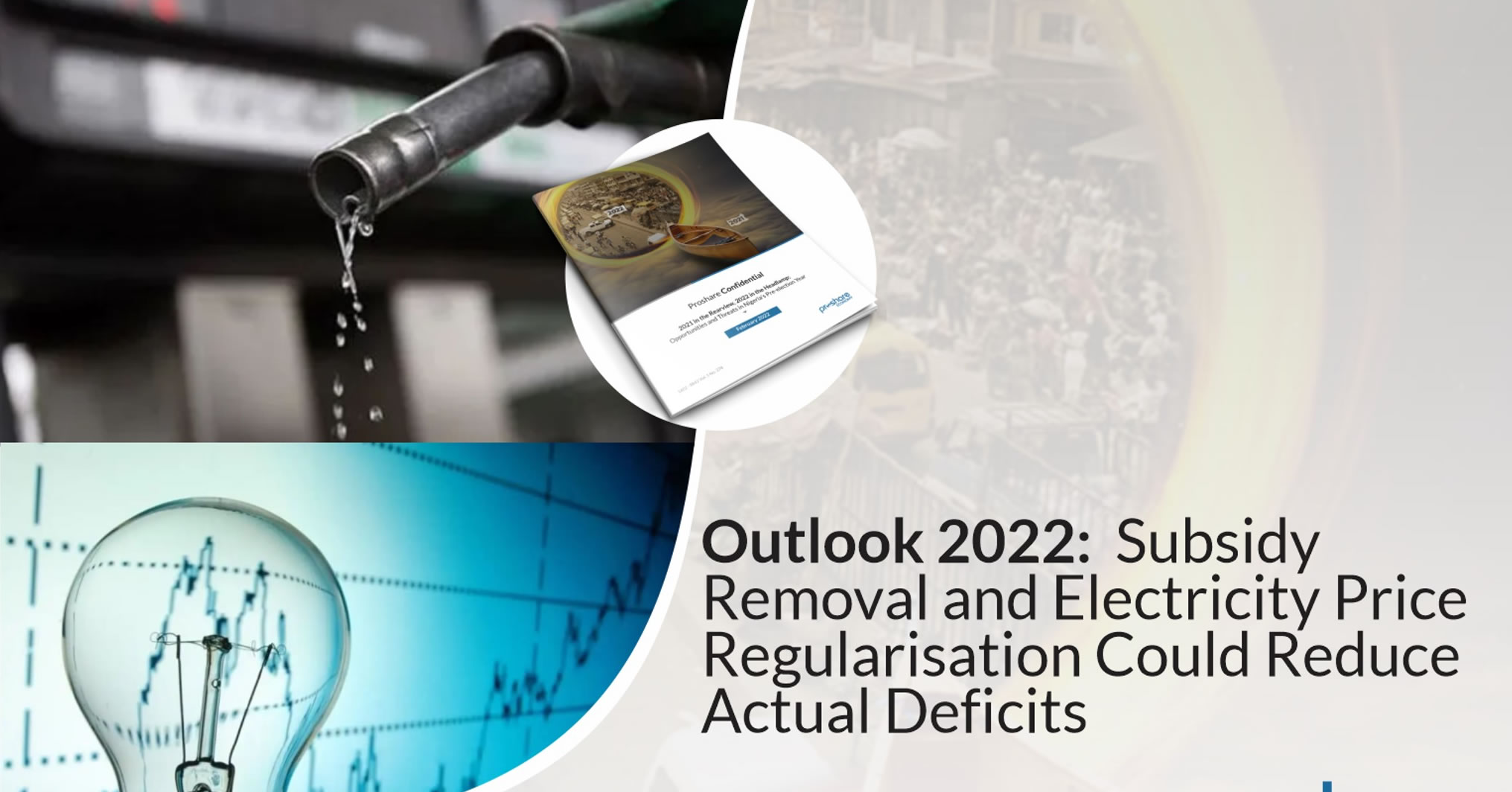
 149 views
149 views
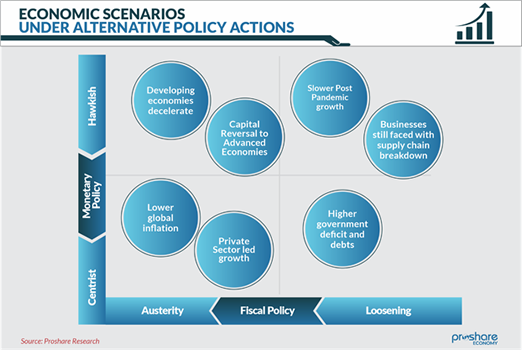




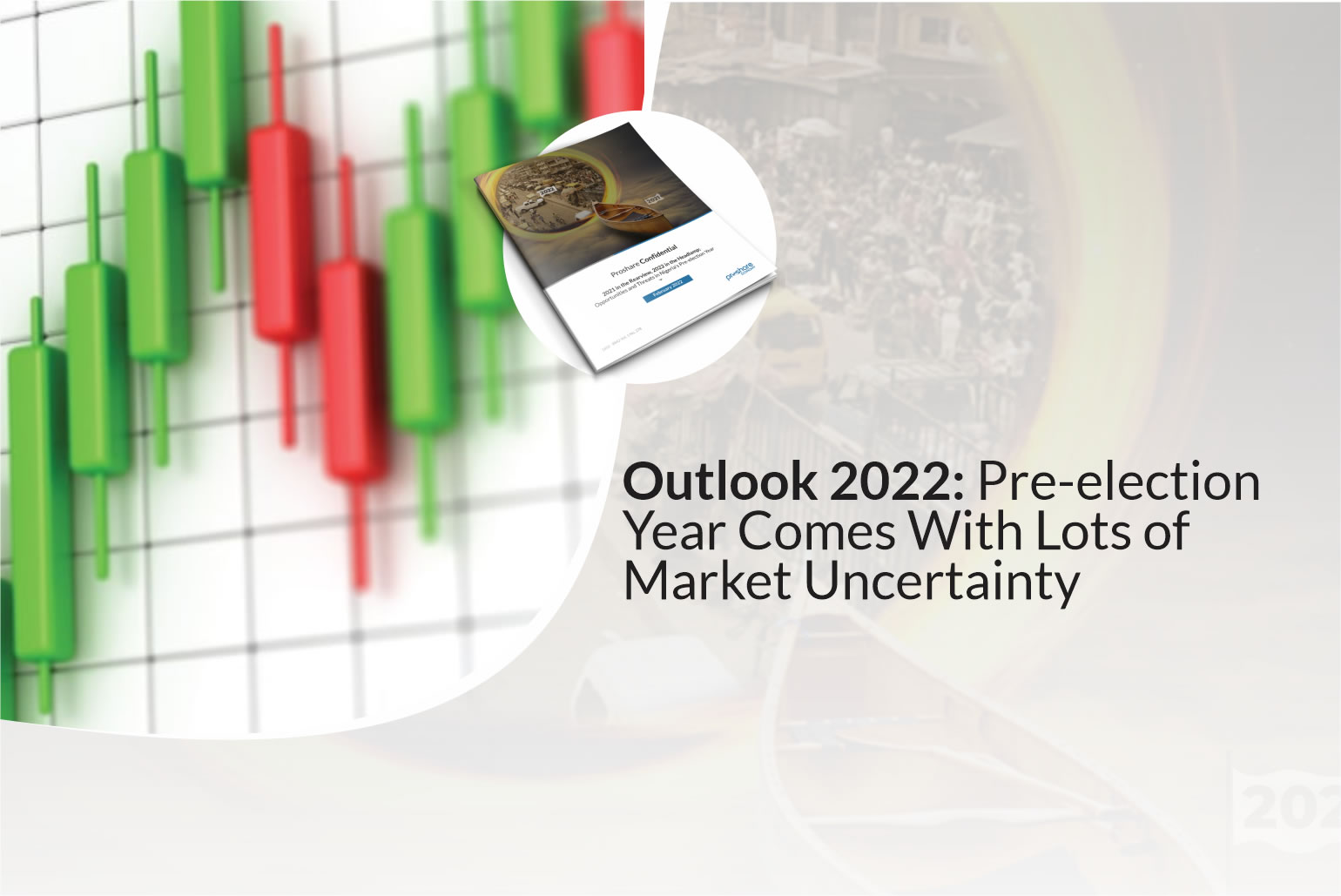
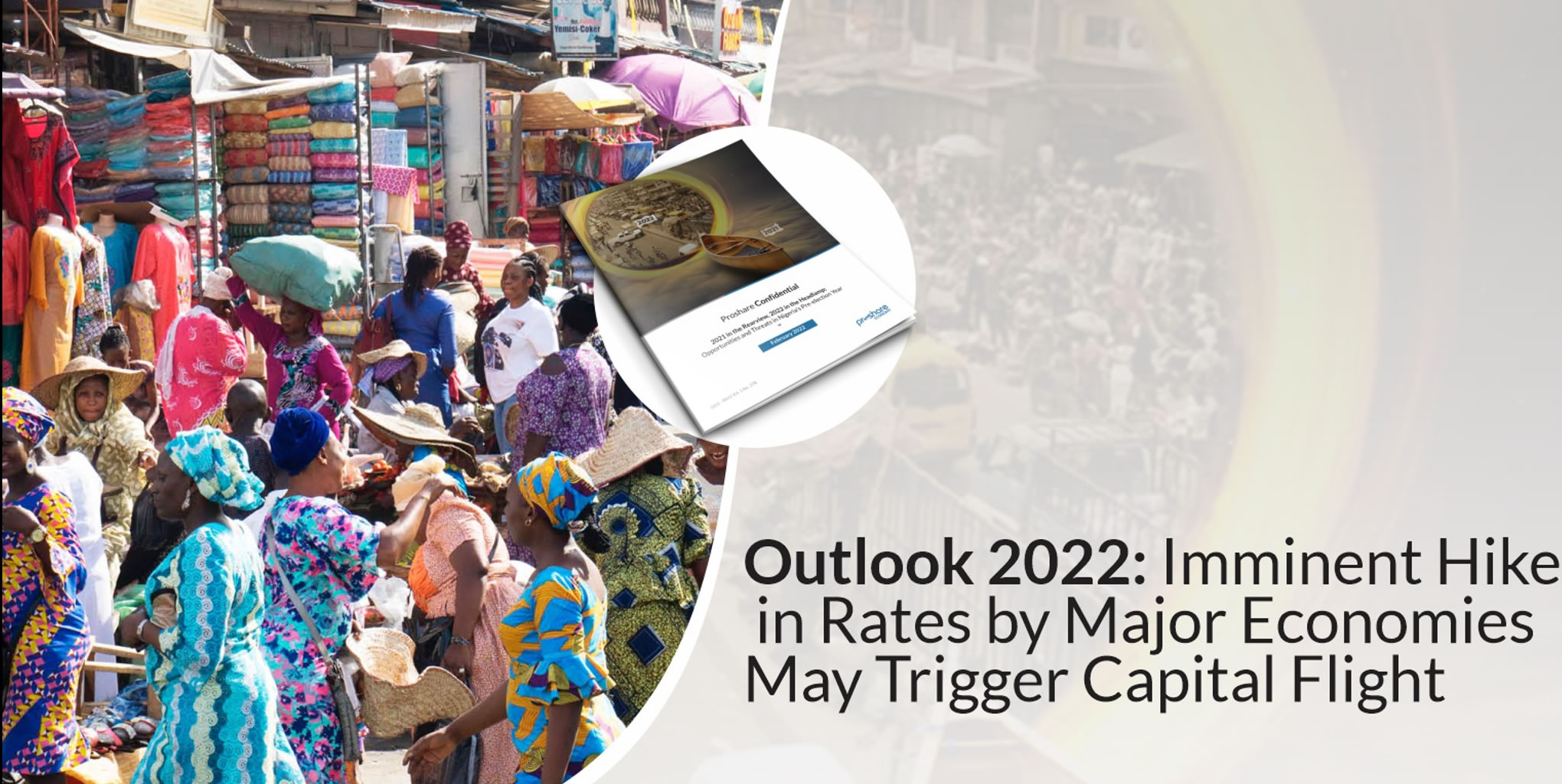
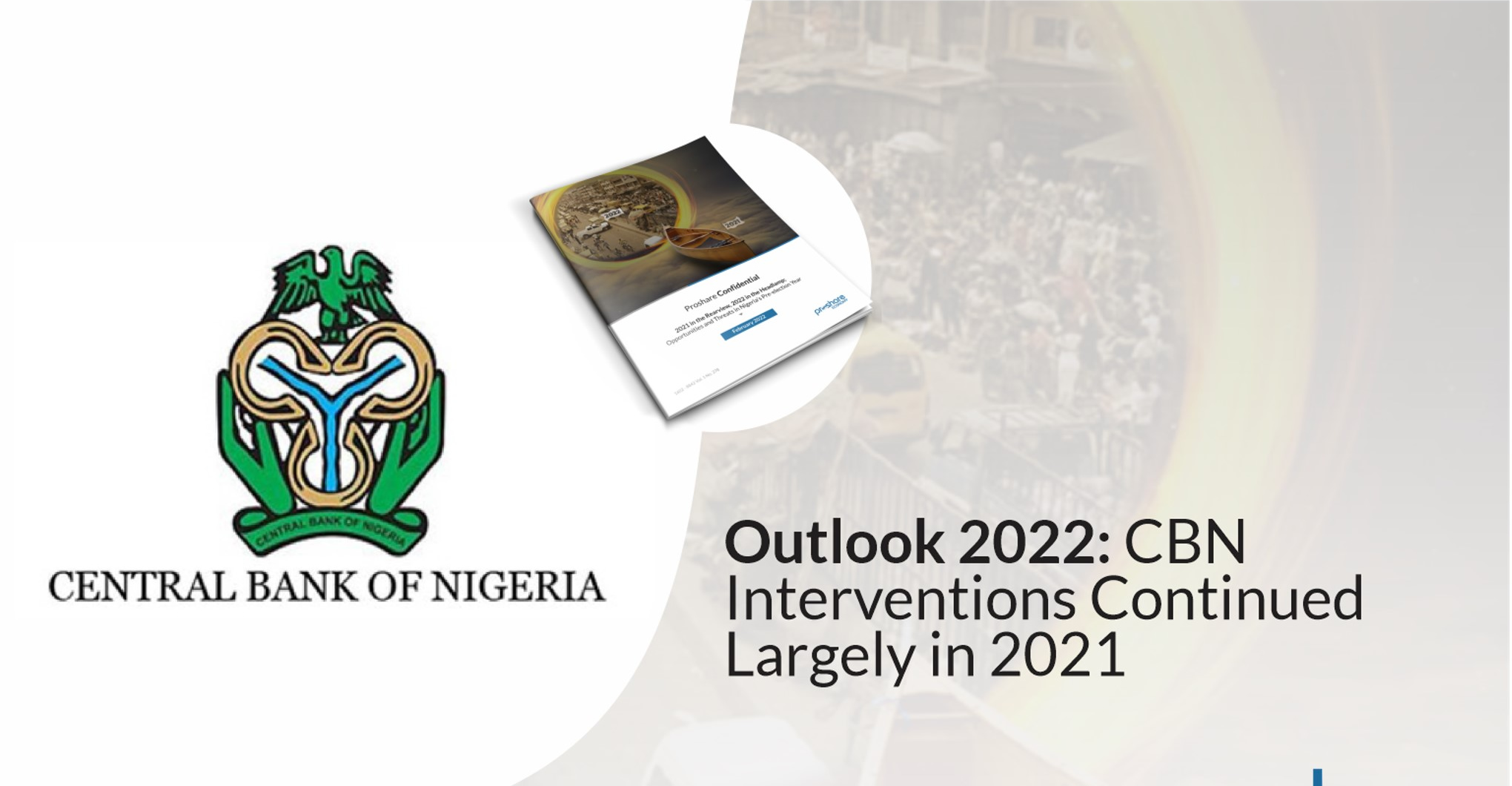

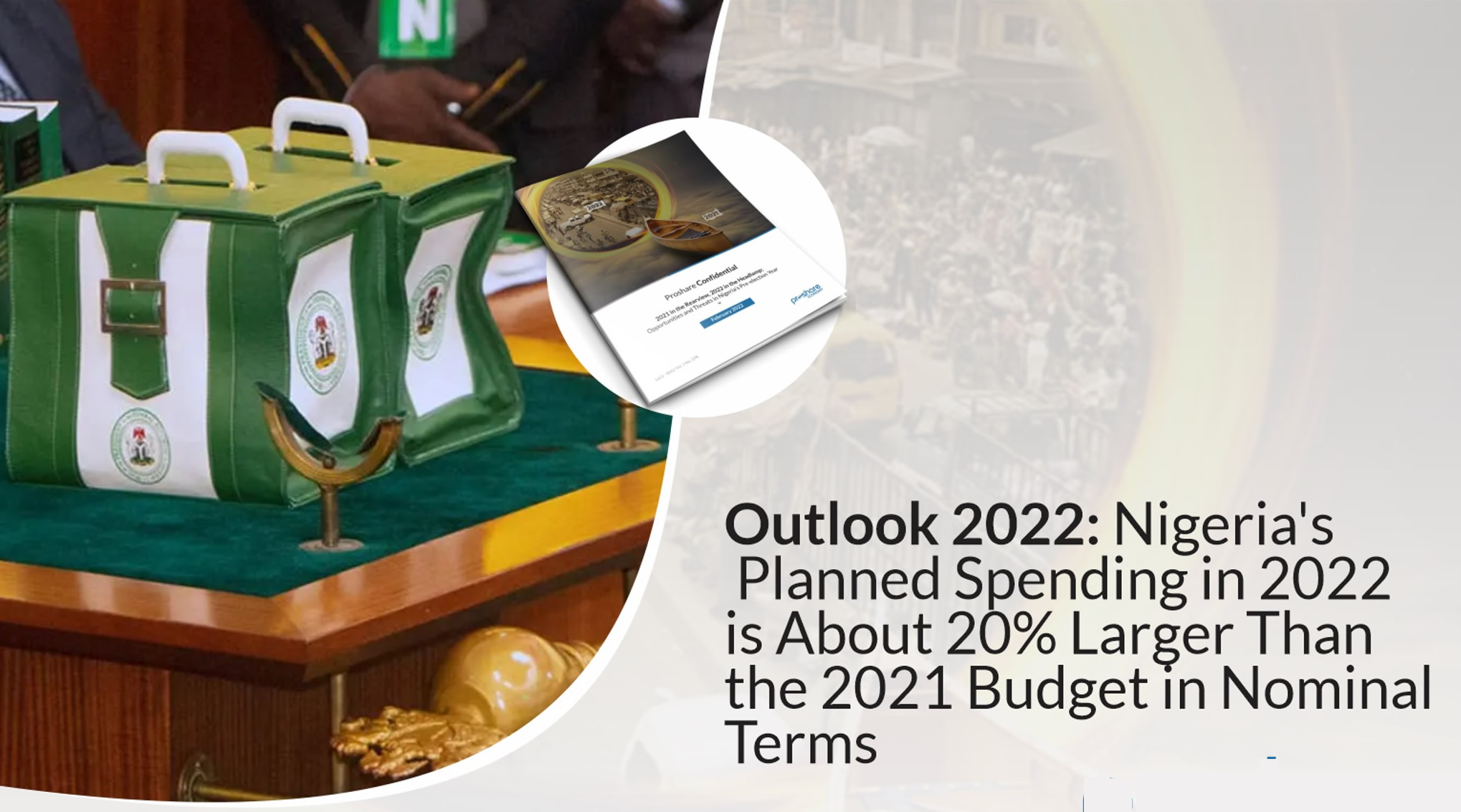
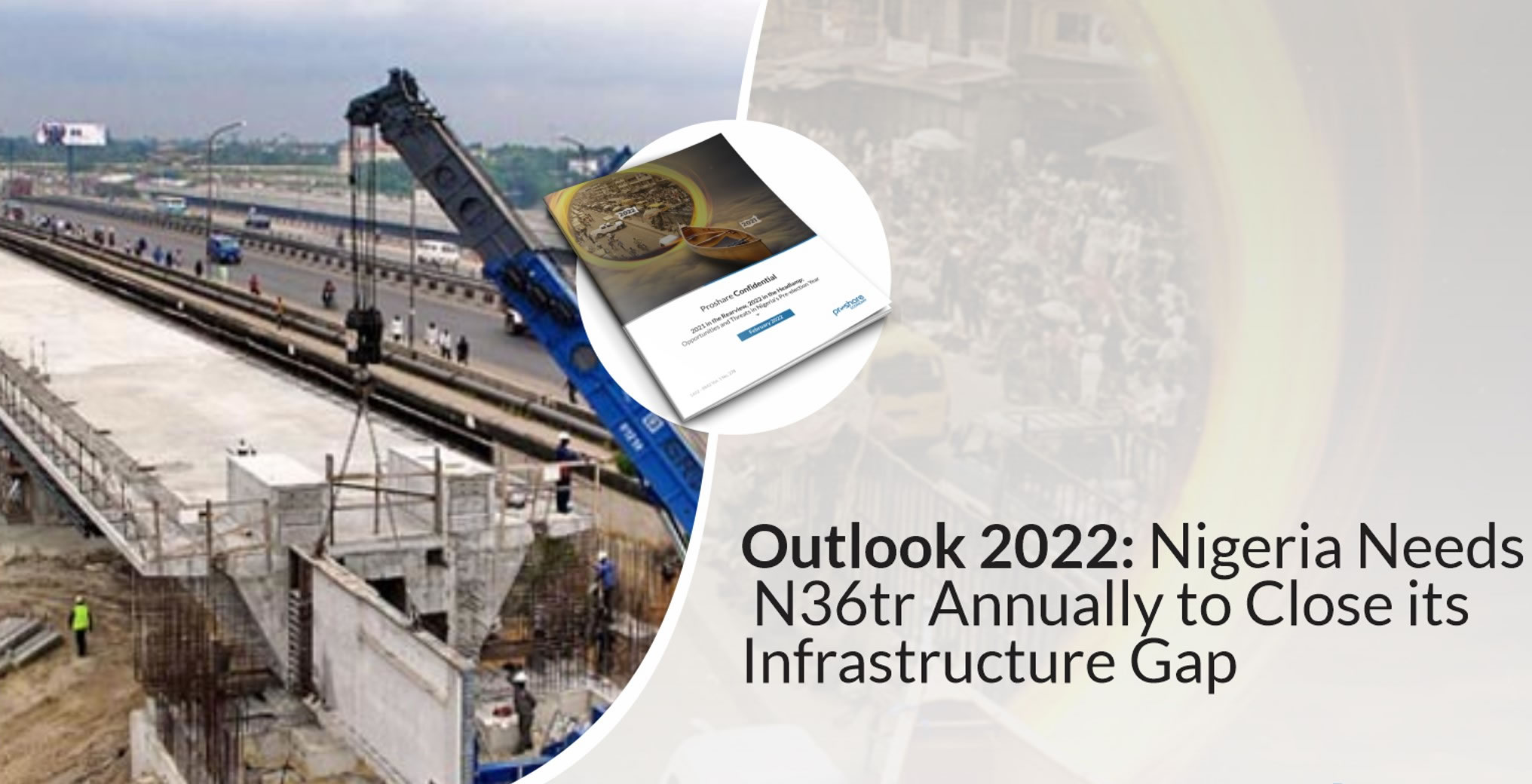





 Sponsored Ad
Sponsored Ad
 Advertise with Us
Advertise with Us









